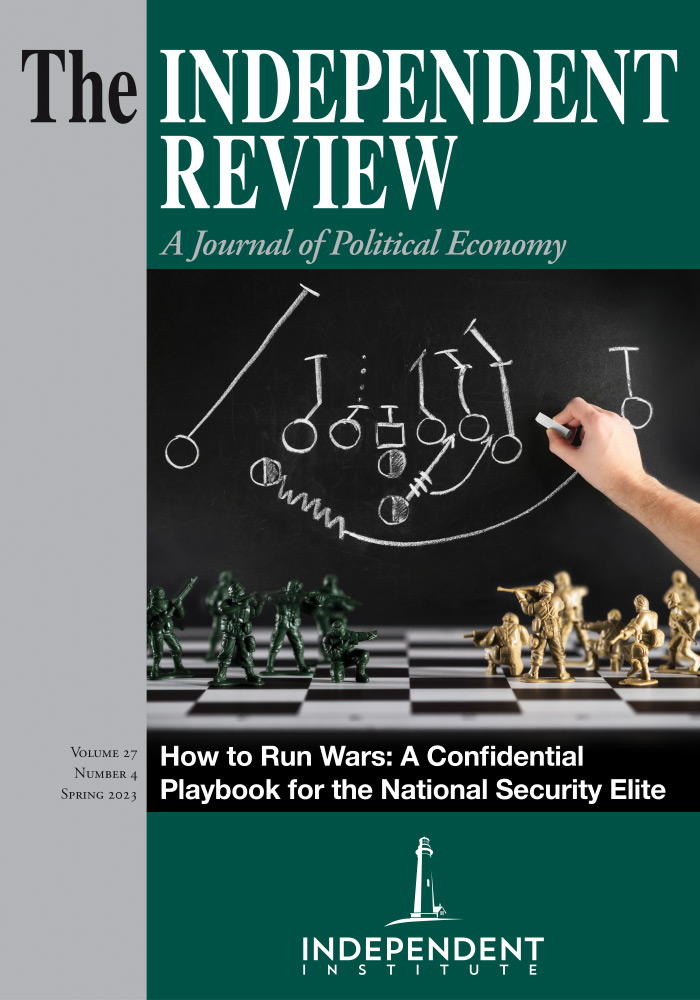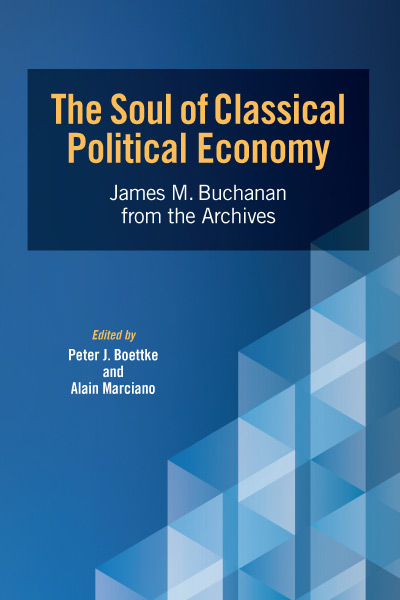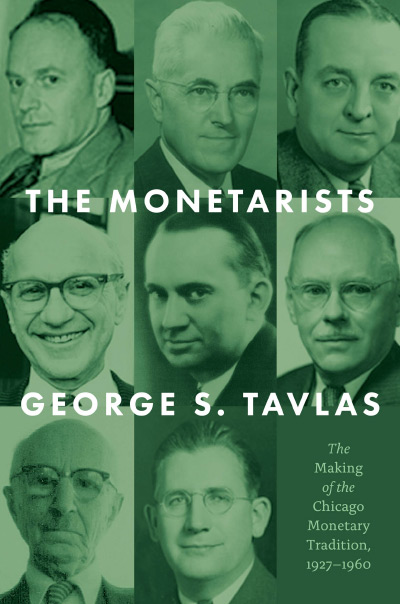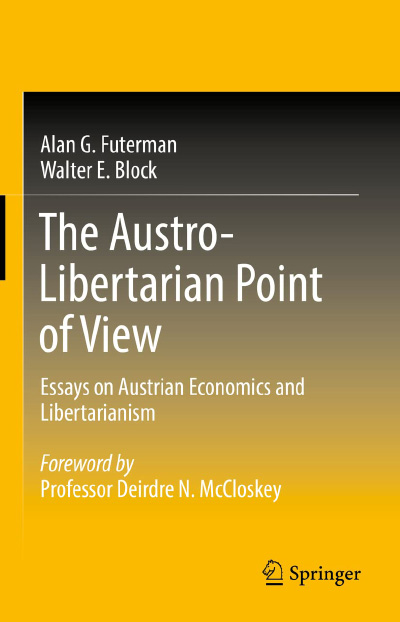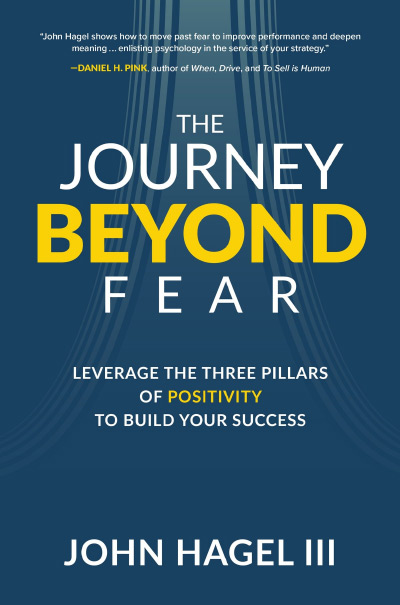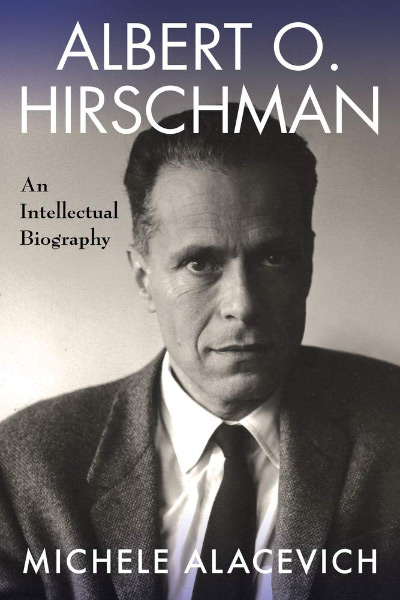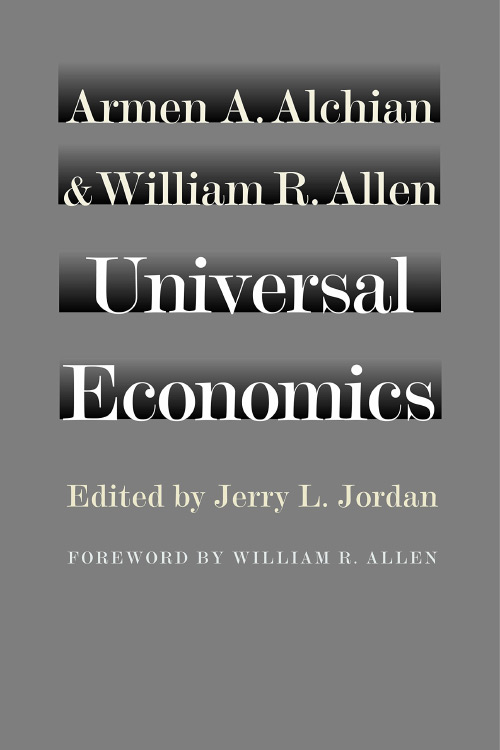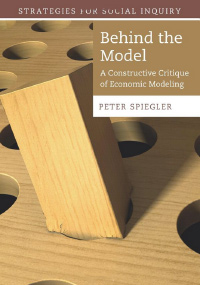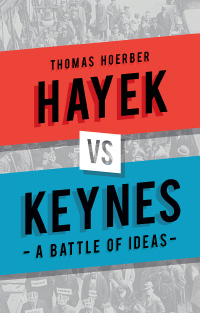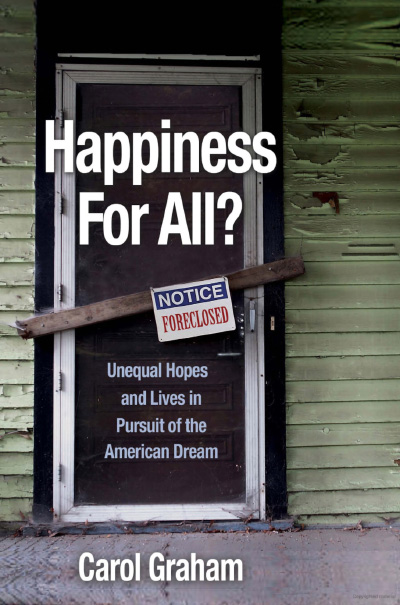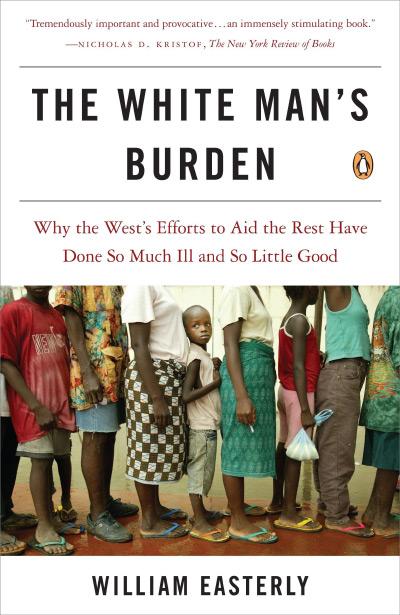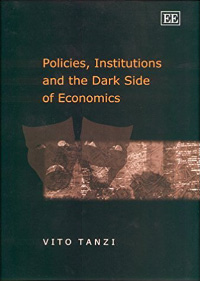In 2014, The Independent Review published an obituary entitled The Soul of James Buchanan (Geoffrey Brennan and Michael Munger, 18(3), 331 – 342). This was puckish, gently mocking Buchanan’s famous atheism but at the same time noting his commitment to questions of ethics and the importance of intellectual movements that survive one’s own brief life. Buchanan himself had published a “reflections” piece in TIR, in 2000, entitled The Soul of Classical Liberalism, (5(1): 111 – 119), which ended with this thought:
If politics is allowed to become little more than a commons on which competing coalitions seek mutual exploitation, potential value is destroyed and liberty is lost just as surely as in the rigidities of misguided efforts at collective command. Who, indeed, can be expected to be motivated to support such “politics as competition for the commons”? Where is the dream? Perhaps resurrection of the soul of classical liberalism is beyond realistic hopes for the twenty-first century. But those of us who think that we have glimpsed the shining city have a moral obligation to proceed as if that society ... can become reality. (emphasis added, p. 119)
We have a moral obligation. The project of classical liberalism is not (just) an undertaking to advance our individual self-interest, and it is not simply an imperative to create a more prosperous society that is a Pareto improvement over other systems. There is a moral imperative because a society of free and responsible individuals living in the emergent orders that voluntary associations can build is ethically better.
This volume from Mercatus, edited by Peter Boettke and Alain Marciano, is an important resource for those who take Buchanan’s claim of a scholarly moral obligation seriously. First, it is explicitly about the foundations of Buchanan’s—and in a larger sense, Public Choice’s—ethical and philosophical commitments. Second, it is largely previously unpublished material, as the subtitle “From the Archives” suggests, and therefore it provides access to the origins and evolution of Buchanan’s thought on topics that later proved central to his contribution.
There are, according to Buchanan himself (James Buchanan, 1964, What Should Economists Do?, Southern Economic Journal 30(3): 213 – 222) eight basic propositions that guide his work, as he suggested should guide all economics. Boettke and Marciano organize their volume into sections that correspond to some of Buchanan’s concerns, and also organize some of the avenues that Buchanan started to explore but then abandoned. The sections of the book include Buchanan’s unpublished work on ethics and fiscal justice, subjectivism, politics and morals, scientific activity, Buchanan’s agreements and disagreements with Frank Knight, and the role of crises.
There is also a section on “The Virginia Lectures in Political Economy,” with fifteen lectures given by a variety of contributors to the Public Choice tradition from 1985 to 2001. Portions of the lectures were later published in journals, but for the most part these have not been available outside of the archives, and the work here represents a treasure trove of commentary for those of us interested in intellectual and scholarly history.
Each of the sections has an introduction written by the editors, placing the work in context. And the overall introduction and conclusion are important for situating Buchanan’s work in its entirety in the broader currents of economics and philosophy over his 60+ year career. Jim was perfectly willing to change his mind, and often took positions in later work that was flatly contradictory to earlier published positions. The work “from the archives” is invaluable in tracing how this evolution of Buchanan’s own views was being worked out, and when.
The book may be a bit “inside baseball” for the general reader, but it would reward even a beginner who wants to learn more about the origins and development of Public Choice. For those of us who have wondered about the origins of some of Jim’s later views, the work is invaluable. Having these important unpublished works curated, and explained in detail, is a great service by the editors.
| Other Independent Review articles by Michael C. Munger | ||
| Summer 2024 | Secret Government: The Pathologies of Publicity | |
| Spring 2024 | Following Their Leaders: Political Preferences and Public Policy | |
| Spring 2024 | The Origins and Evolution of Consumer Capitalism; Crack-Up Capitalism | |
| [View All (80)] | ||

